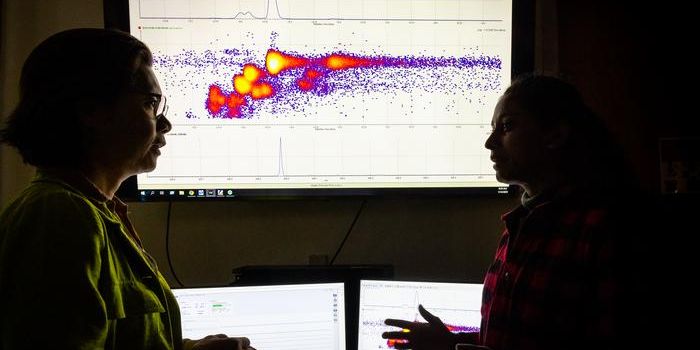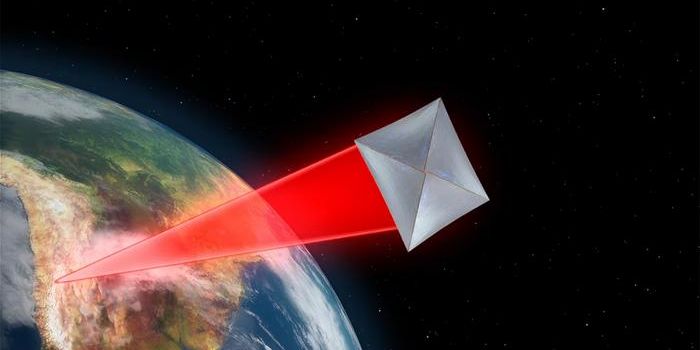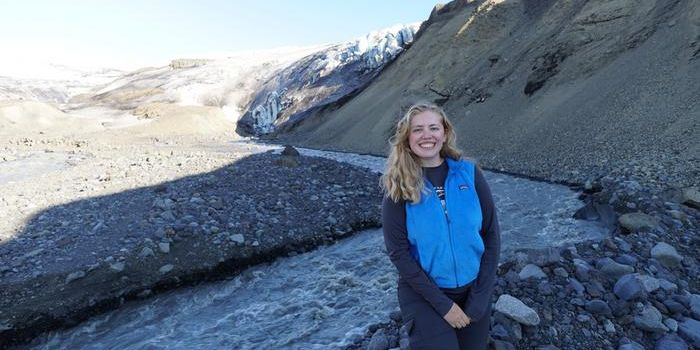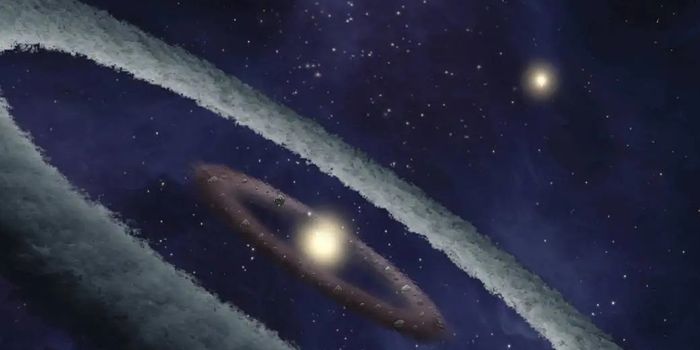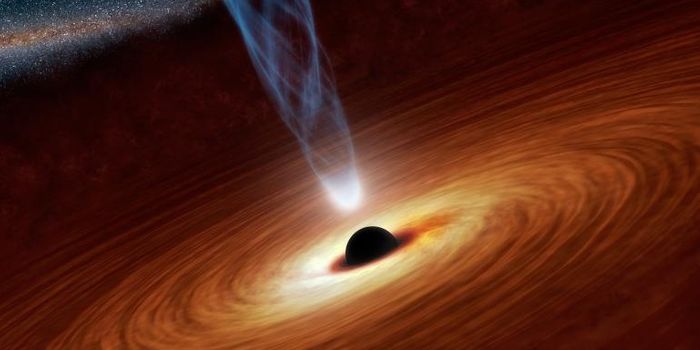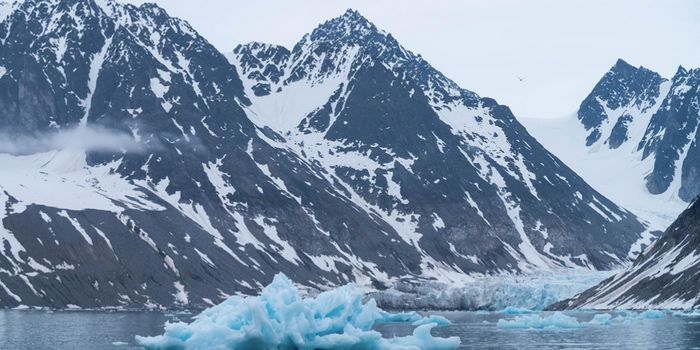The UK's controversial imports of Peruvian Amazon gas
The UK has received its first shipment of gas fracked straight from the Peruvian Amazon - and activists are in an uproar.
Known as the Camisea project, the fracked natural gas comes from a rainforest approximately 60 miles from Machu Picchu. The tanker Gallina that transported the gas is owned by Shell, and arrived at the Isle of Grain in Kent, reports BBC. Not surprisingly, opponents of fracking reject natural gas extraction because of disturbance to ecosystems through drilling and the risk of leaks from pipelines. Not to mention that it continues the dependence on a non-renewable source. But less expected is the outrage from even fracking supporters, who say the UK should frack its own gas, rather than importing from sensitive regions like the Amazon and doubling the carbon footprint in transportation fuels.
The regions that is being affected the Camisea project, which is a consortium of gas companies led by the Argentine firm Pluspetrol and the US’s Hunt Oil and Spain’s Repsol, includes the Nahua-Nanti Reserve in the Peruvian Amazon, a buffer zone to the Manu National Park.
According to the human rights organization Survival International, several uncontacted tribes live in the Nahua-Nanti Reserve alongside other isolated peoples including the Nahua, Nanti, Matsigenka and Mashco-Piro Indians. These indigenous peoples’ homes are being threatened by the Camisea project, 75% of whose ‘block 88’ lies within the boundaries of the reserve.
In April 2012 Peru’s Ministry of Energy approved more gas exploration inside block 88, allowing the project to implement more wells, seismic testing, and other disturbances. Since then Pluspetrol has released plans, which are likely to be approved, to expand the reach of block 88 even further into the reserve. Obviously this is a concern for native peoples, who stoutly oppose the project. Survival International records that since 2004 there have been at least five significant gas leaks that have reportedly contaminated the land and waterways. Local people have complained that these have seriously harmed their health, but there has been little recognition for their protests.
There are other reasons for concern as well. In a report written by Survival International, fracking developers were held responsible for bringing diseases which killed people from previously uncontacted tribes. Furthermore, the report claimed that indigenous people had not benefited from the economic gains of fracking in the reserve.
Sources: BBC, Survival International


